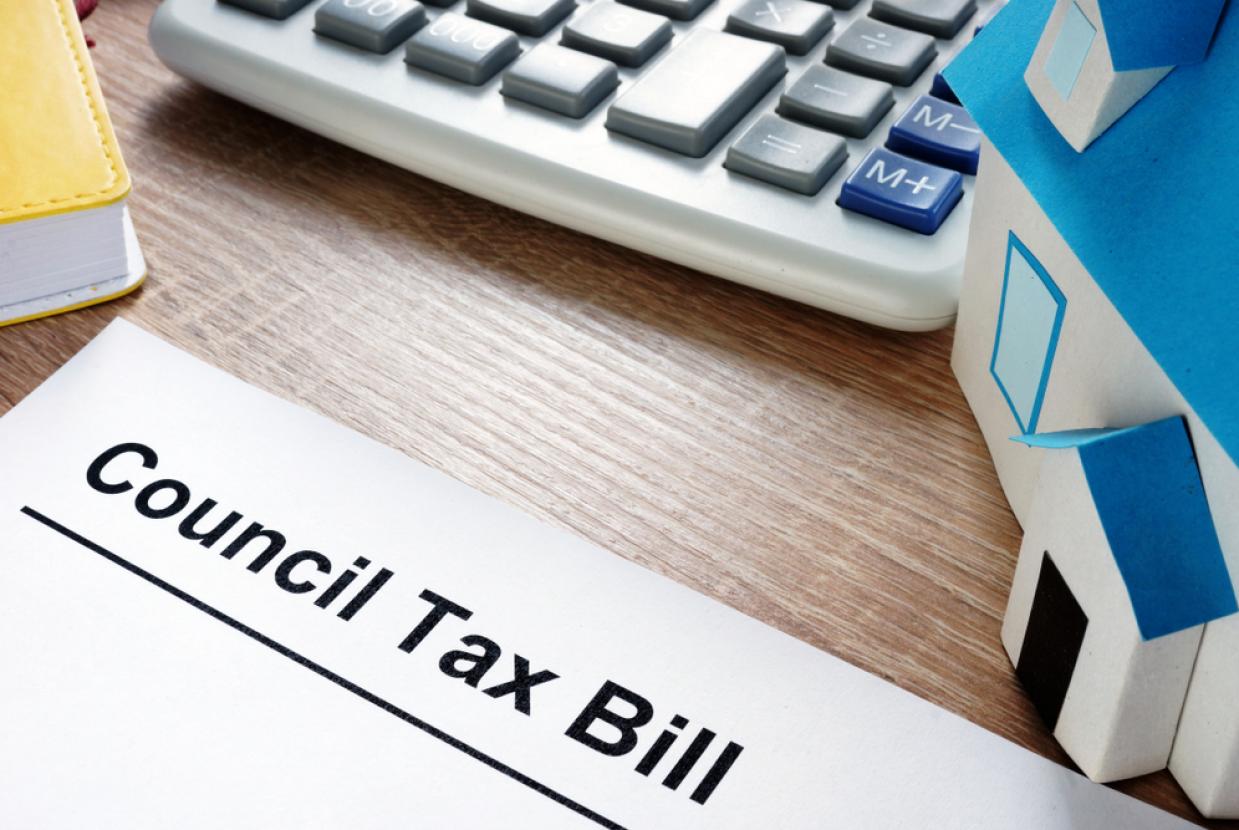Managing Money If Your Job Is At Risk
Whether your job is already at risk or you’re worrying about potential cuts, one of the most important things you can do at is to take stock of your finances. This will help you start to take control, and you’ll be able to cope much better if you lose your job.
Step 1 – Take stock of your finances
If you don’t already have a budget listing all your income and spending – now is the time to do it. Most people underestimate how much they spend each month, so you might be surprised by the results.
Step 2 – Find ways to cut back
When you know how much you’re spending, start thinking about how your budget will be affected if you lose your job. You can work out what spending you’ll need to cut back so that you can cope with a lower income.
If you cut back now, you could use the money to build up a savings cushion that will help if you do lose your job. Take a close look at your spending and divide it into essential and non-essential items.
Step 3 – Get debts under control
While you’re still in work, your credit score will be better than if you find yourself without a job. So now’s the time to look at your debts. Consider switching lenders to get the best rates and look at paying off as much of the debt as you can. But watch out for early repayment charges.
- Find out more about cutting the cost of your loans on the MoneySavingExpert website
- Find the best balance transfers on credit cards on the MoneySavingExpert website
Step 4 – Check for any insurance
Check if you’ve already taken out:
- payment protection insurance (PPI)
- short-term income protection (STIP), or
- mortgage payment protection insurance (MPPI).
If you lose your job or are too ill to work, you might be able to make a claim. If you already know that you’re at risk of redundancy, it’s probably too late to take out payment protection insurance.
Most policies have clauses that will refuse to pay out if:
- you knew you were to be made redundant when you took out the insurance, or
- you lose your job within the first few months after taking out the policy.
If you have insurance and your claim is refused, you might have been mis-sold the policy and could be eligible to claim compensation.
Step 5 – Try to build up a savings cushion
Ideally, aim to have between three and six months of your living expenses saved in an easy-access, high-interest bank or building society account.
Even a smaller amount will be useful. It’s always good to have some cash in the bank, and this will help you manage until you find a new job.
Step 6 – Look at ways of making money
Think about other sources of income you can tap into. For example, did you know that if you have a spare room, you could rent it out and not pay tax on the first £7,500 of rental income each year?
Be aware that you’ll need permission from your mortgage provider or landlord to have a lodger. And you must let your buildings and contents insurance companies know.






























